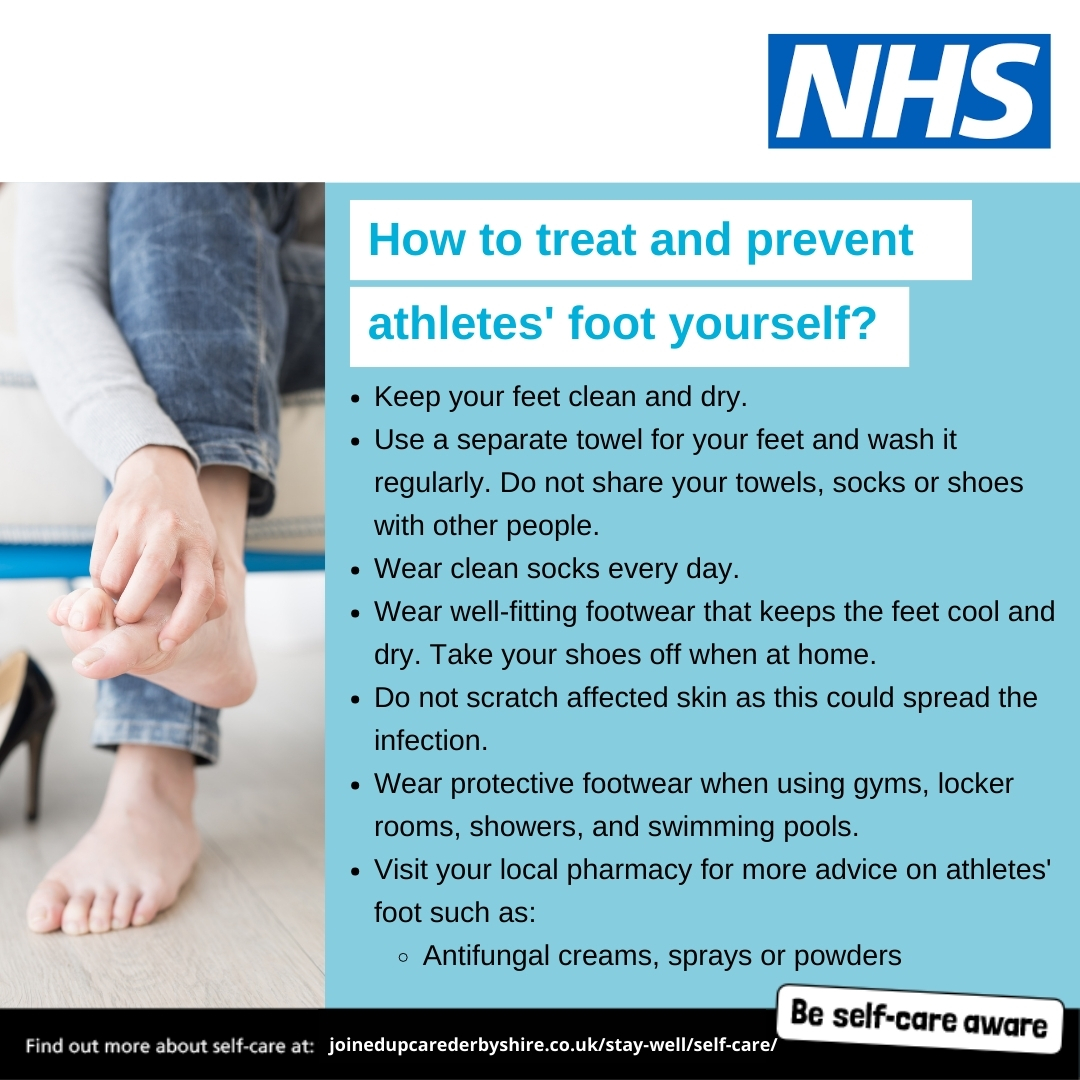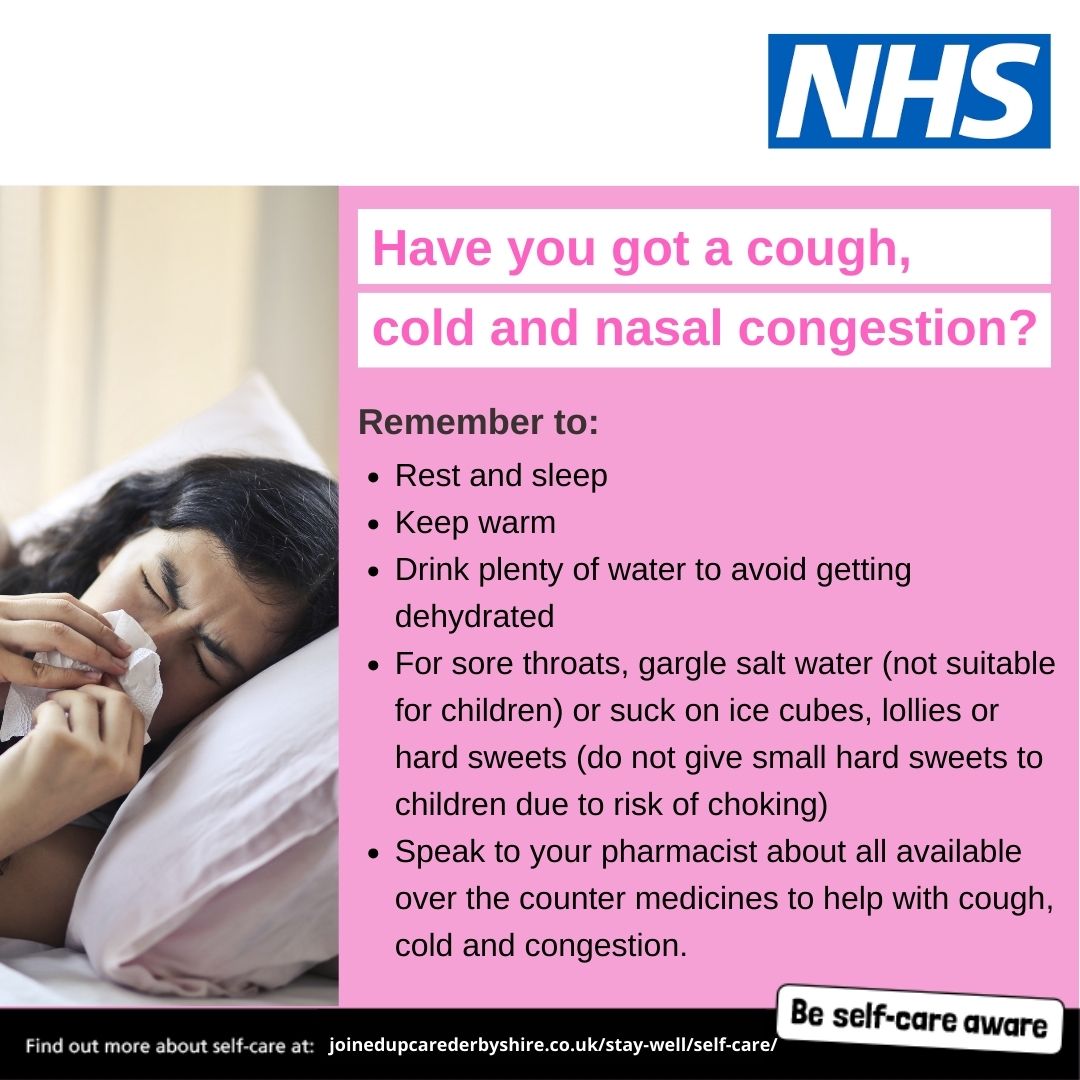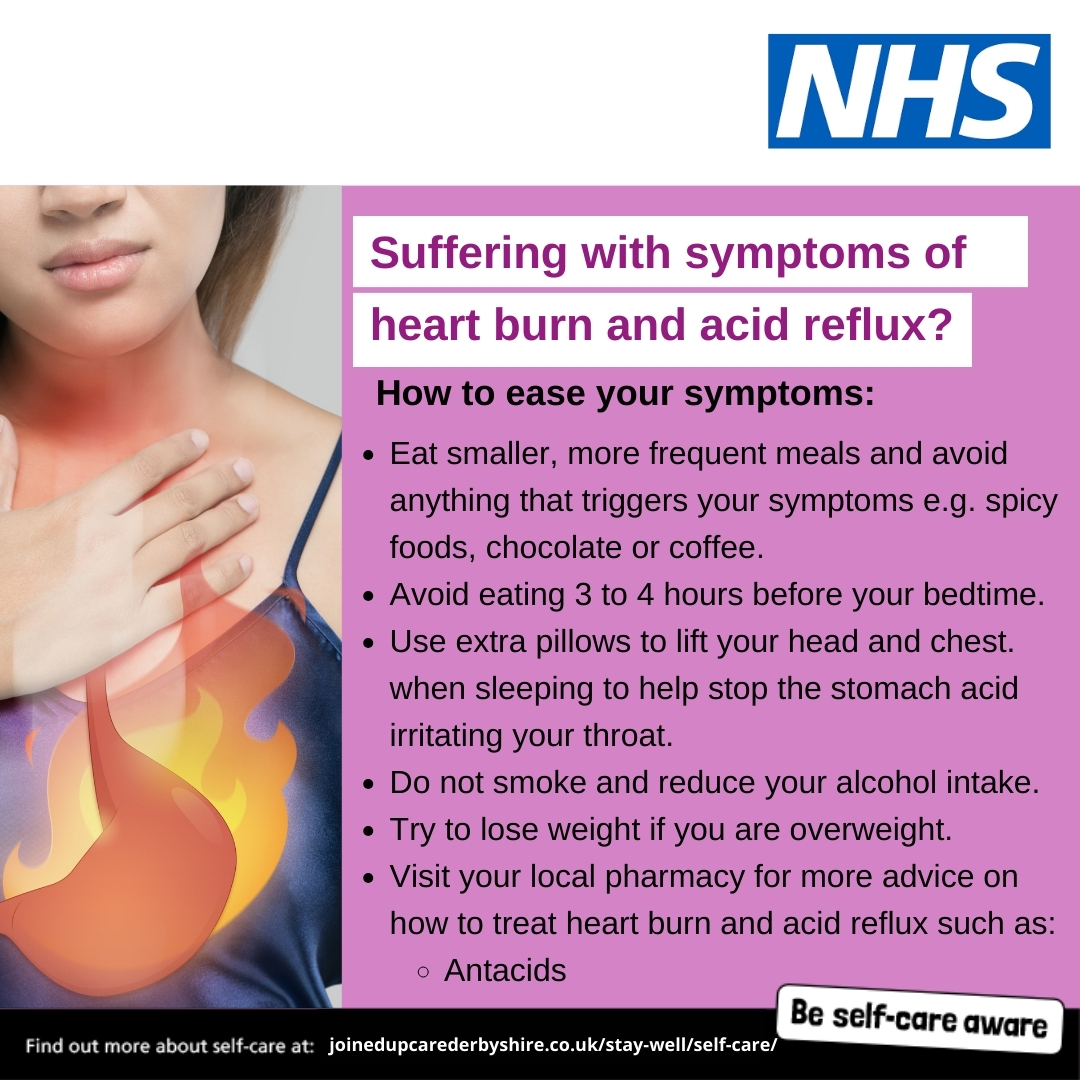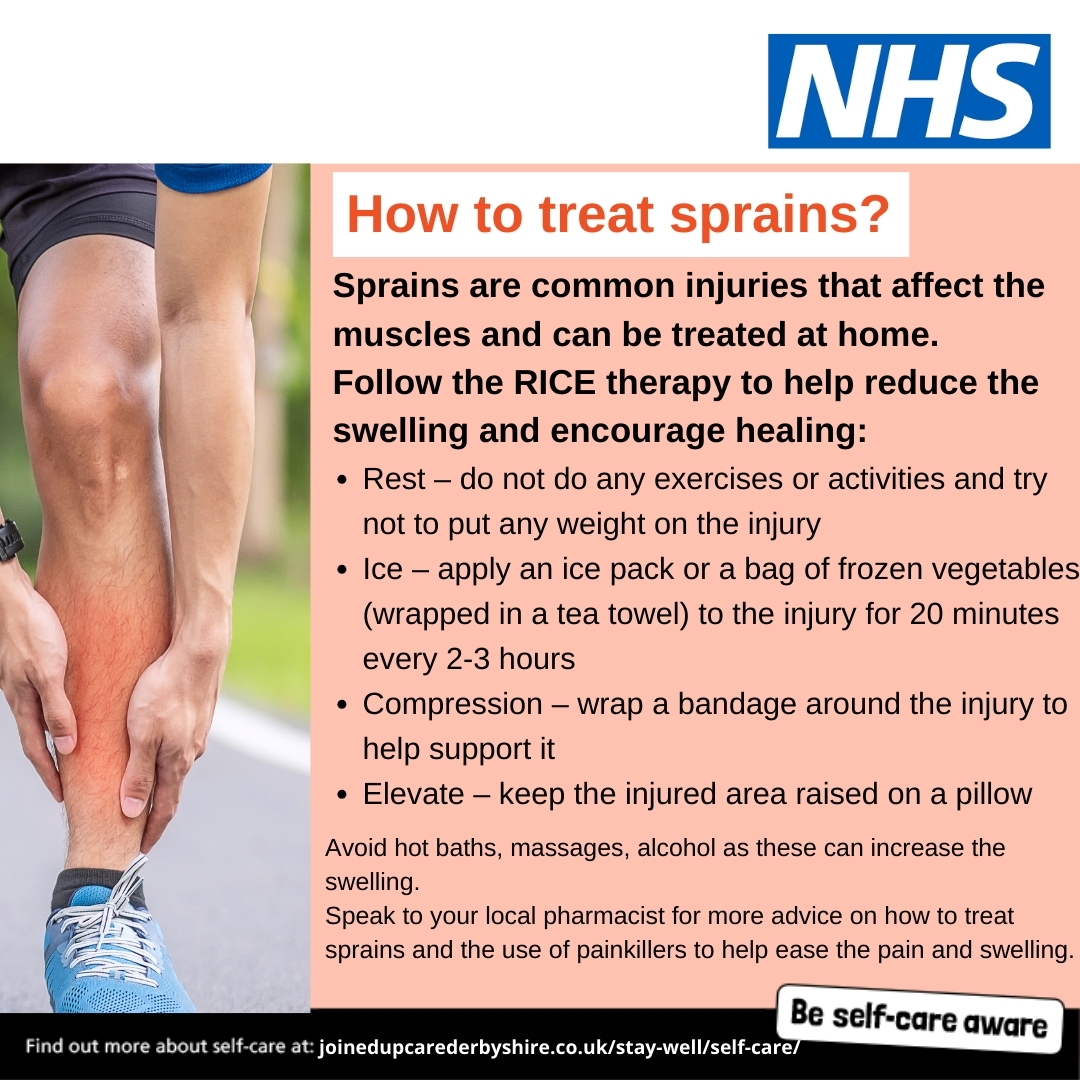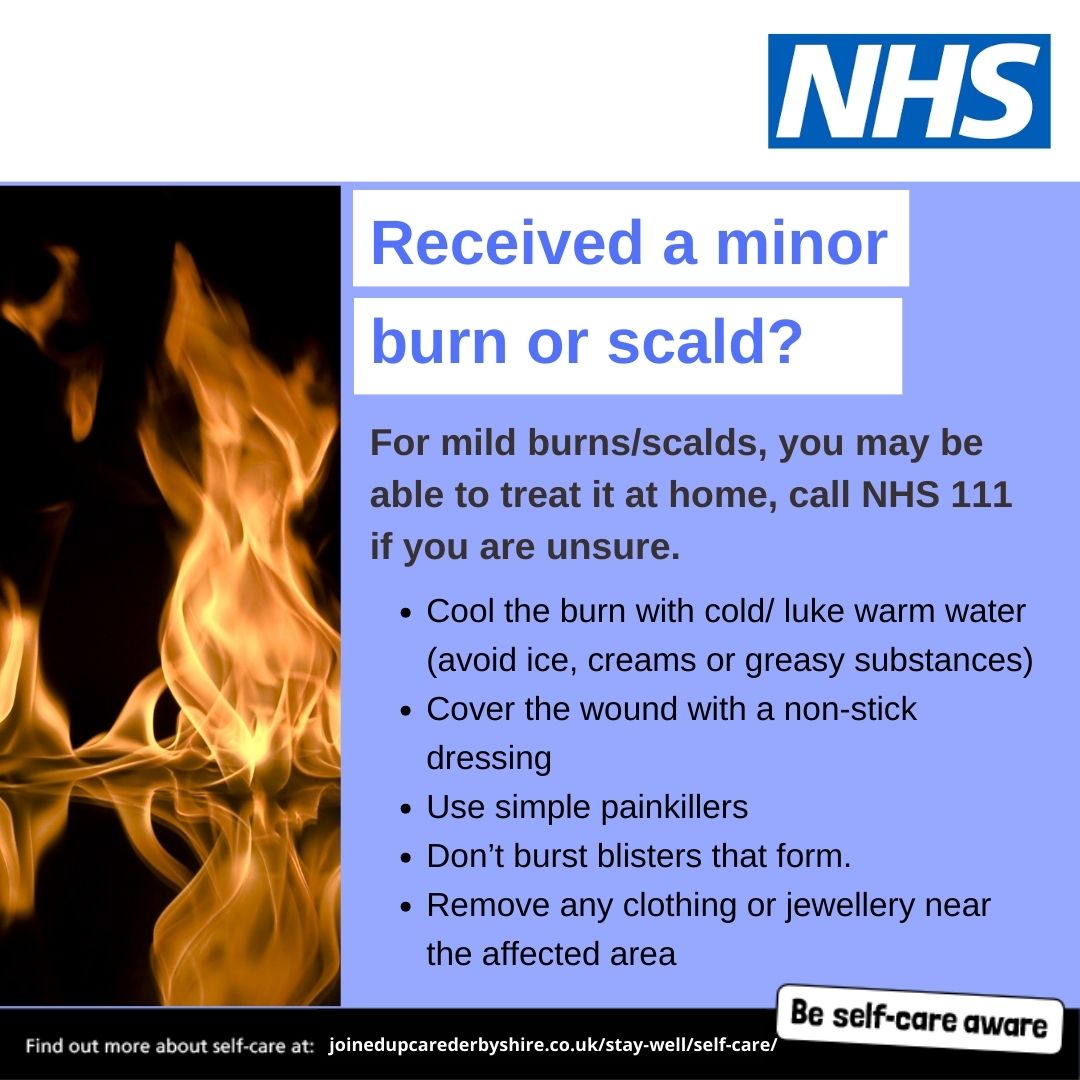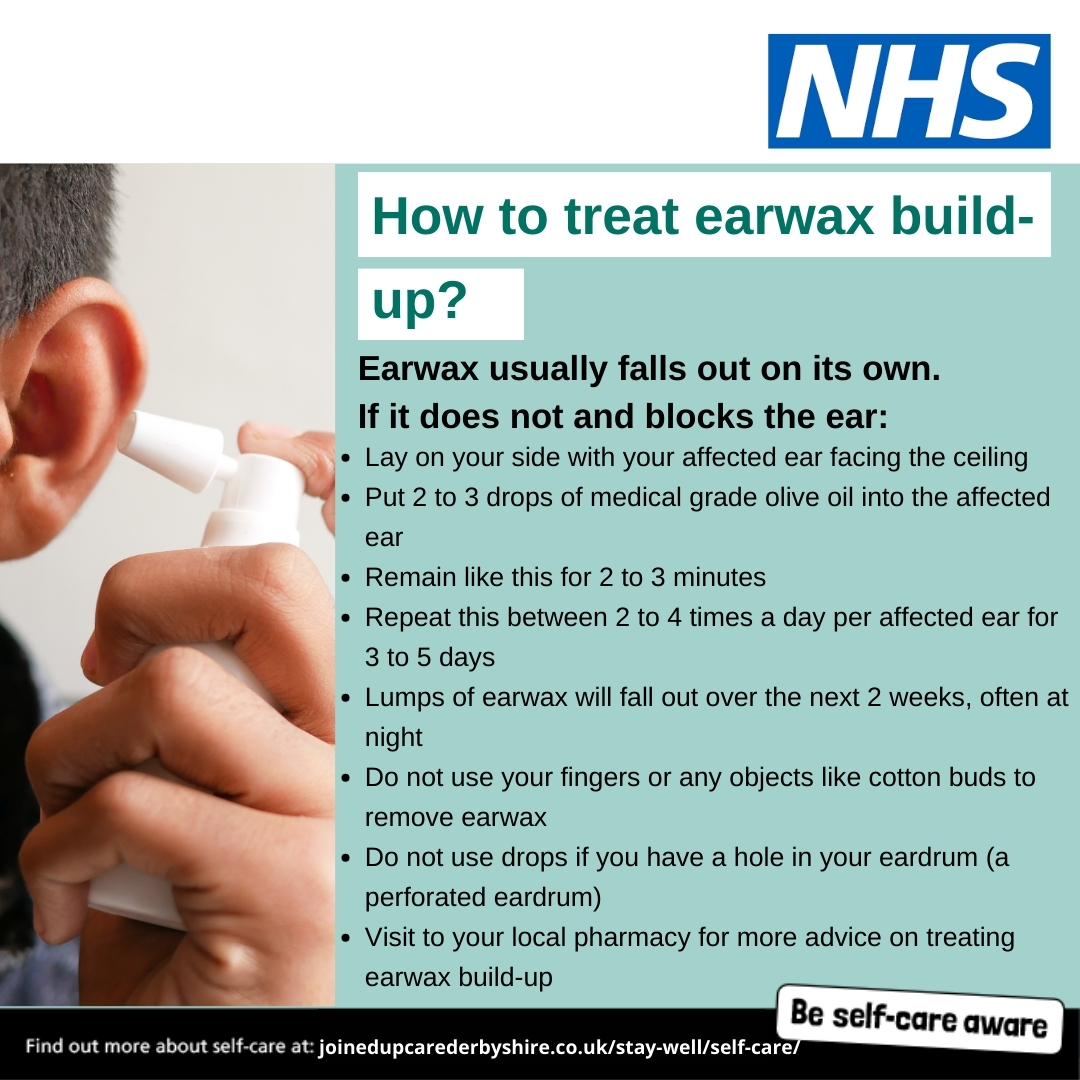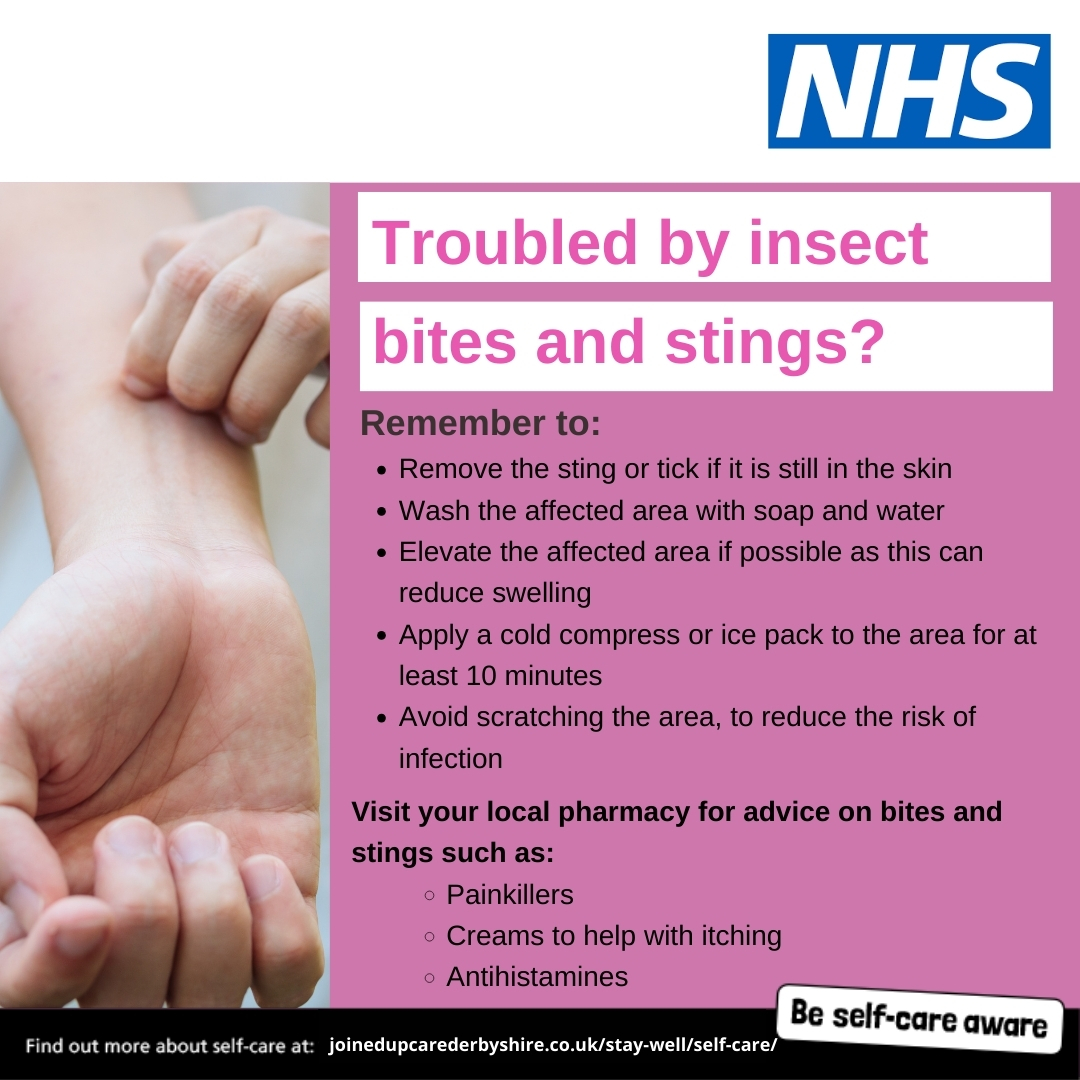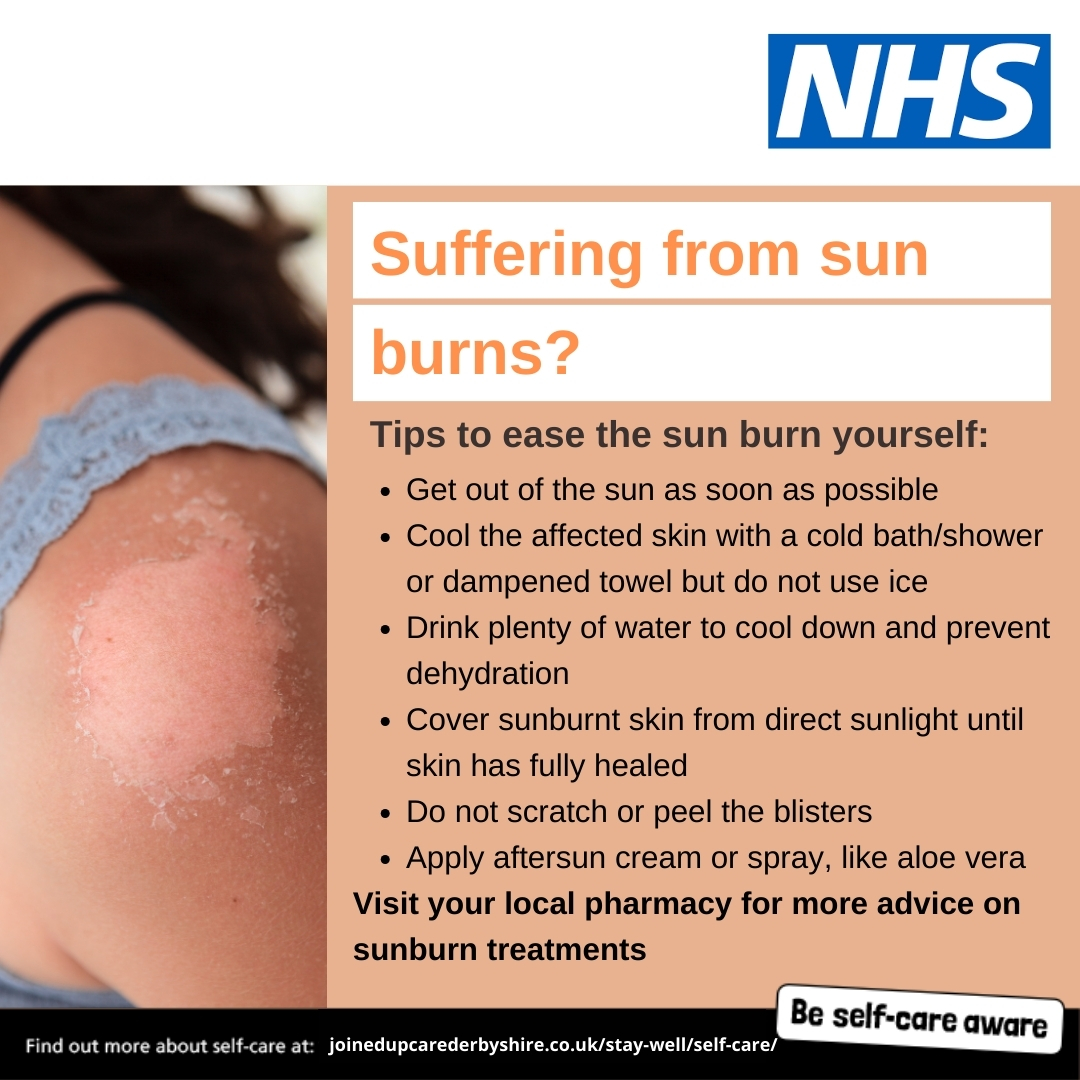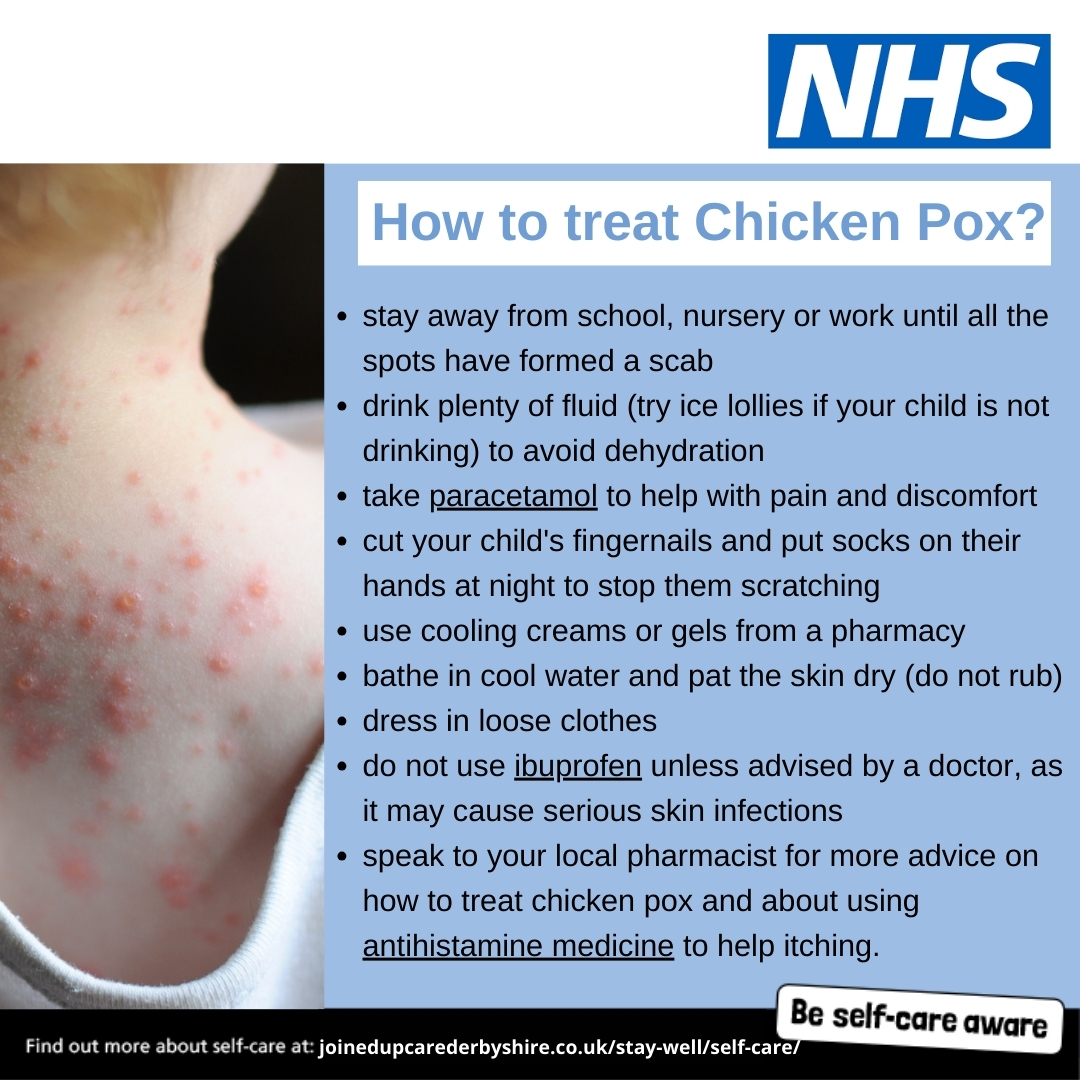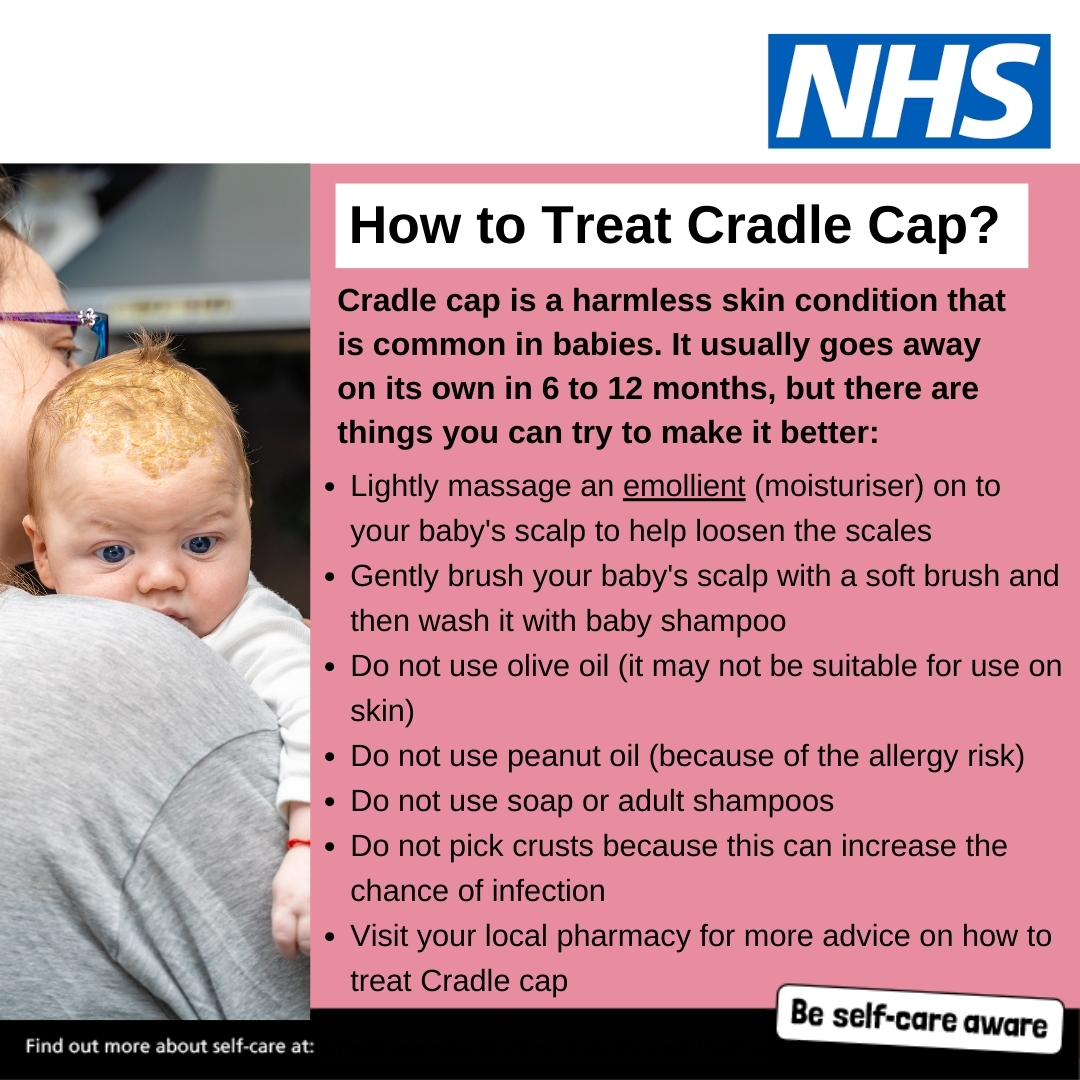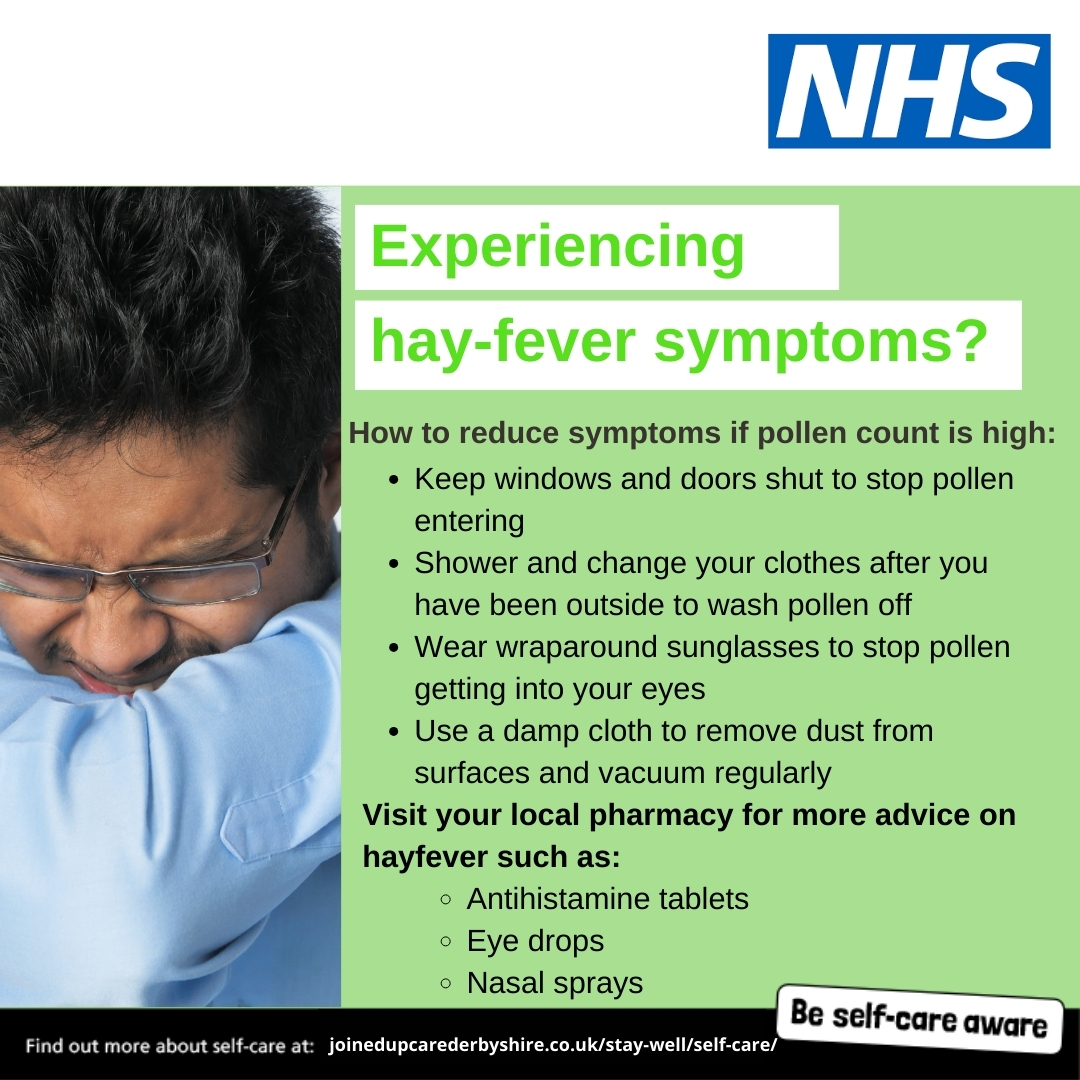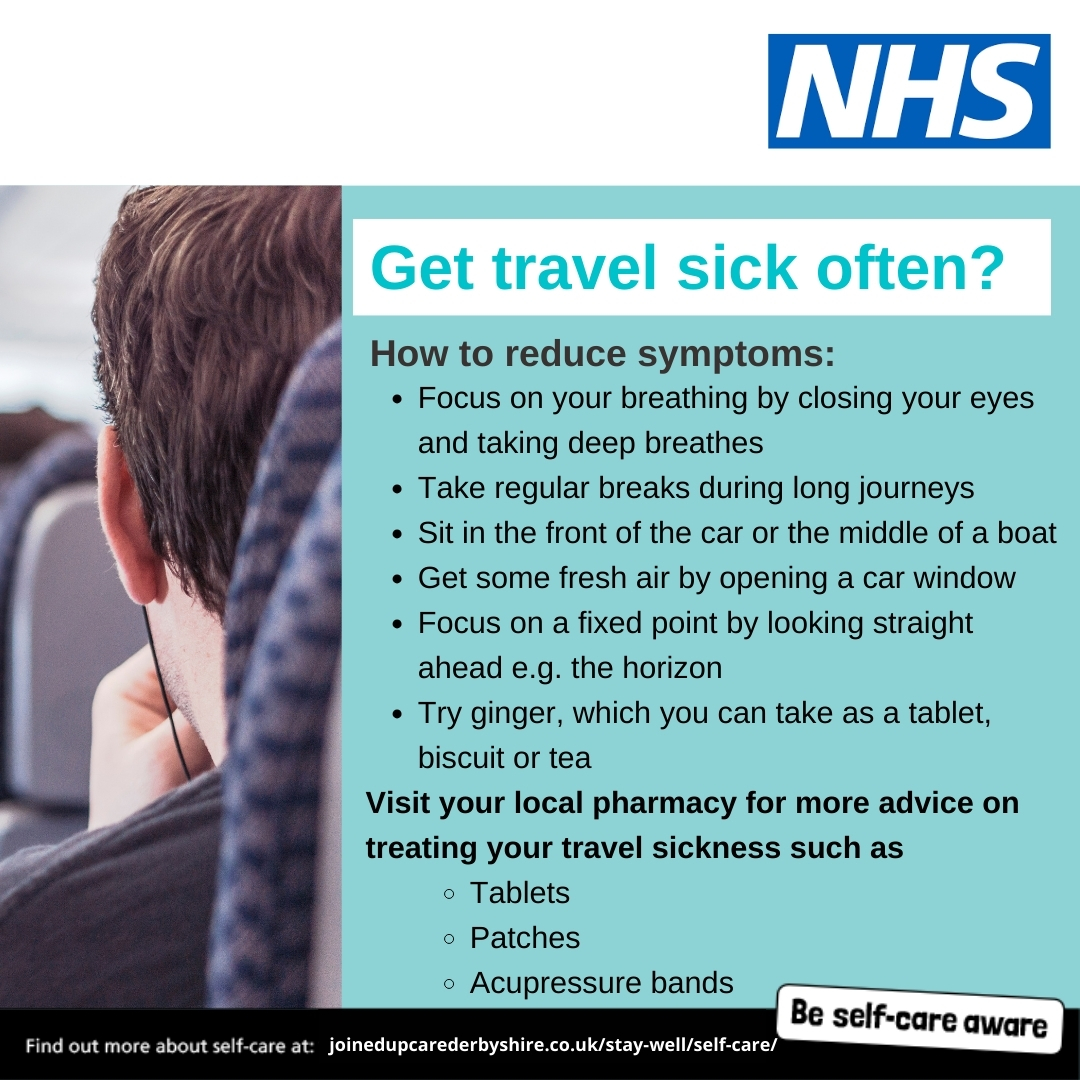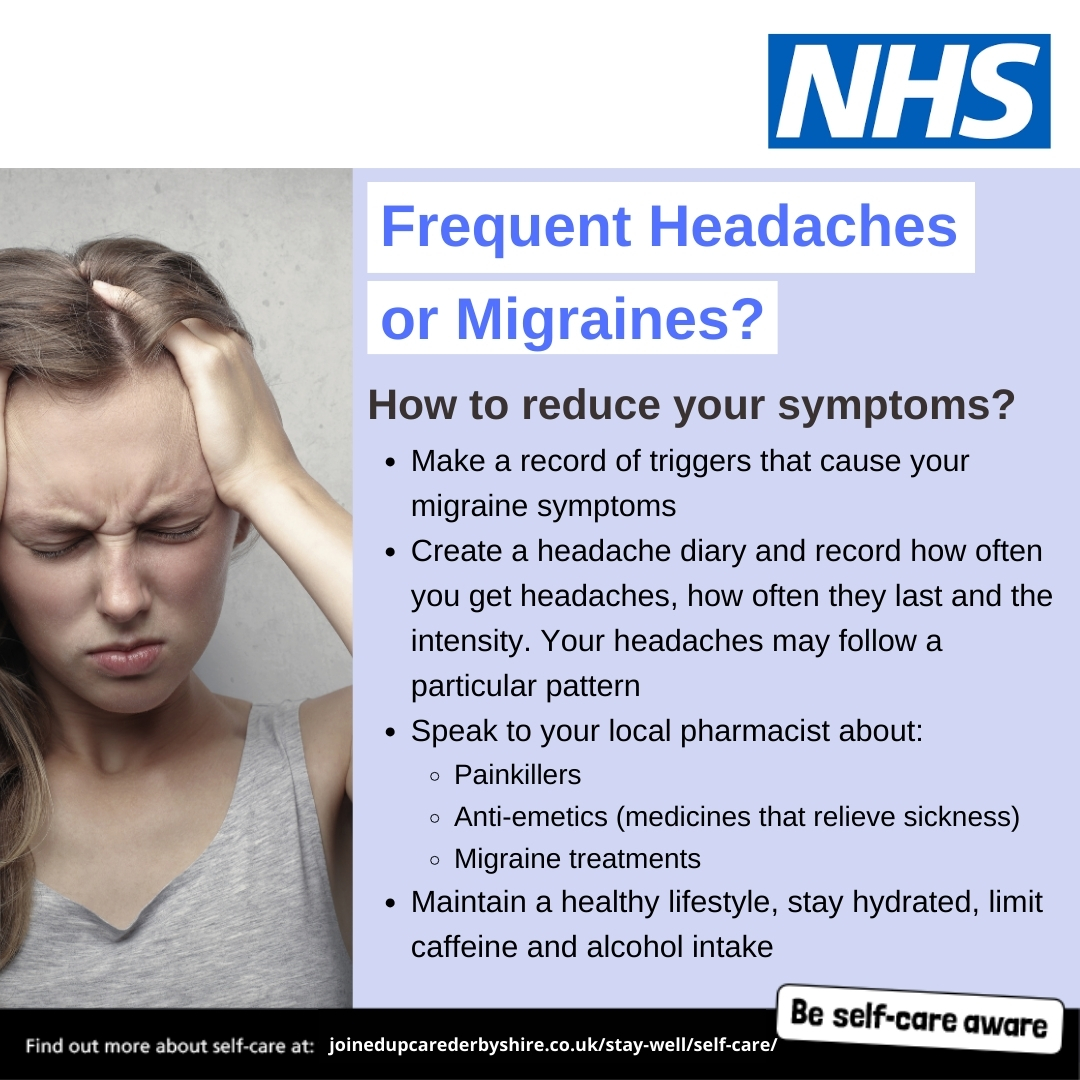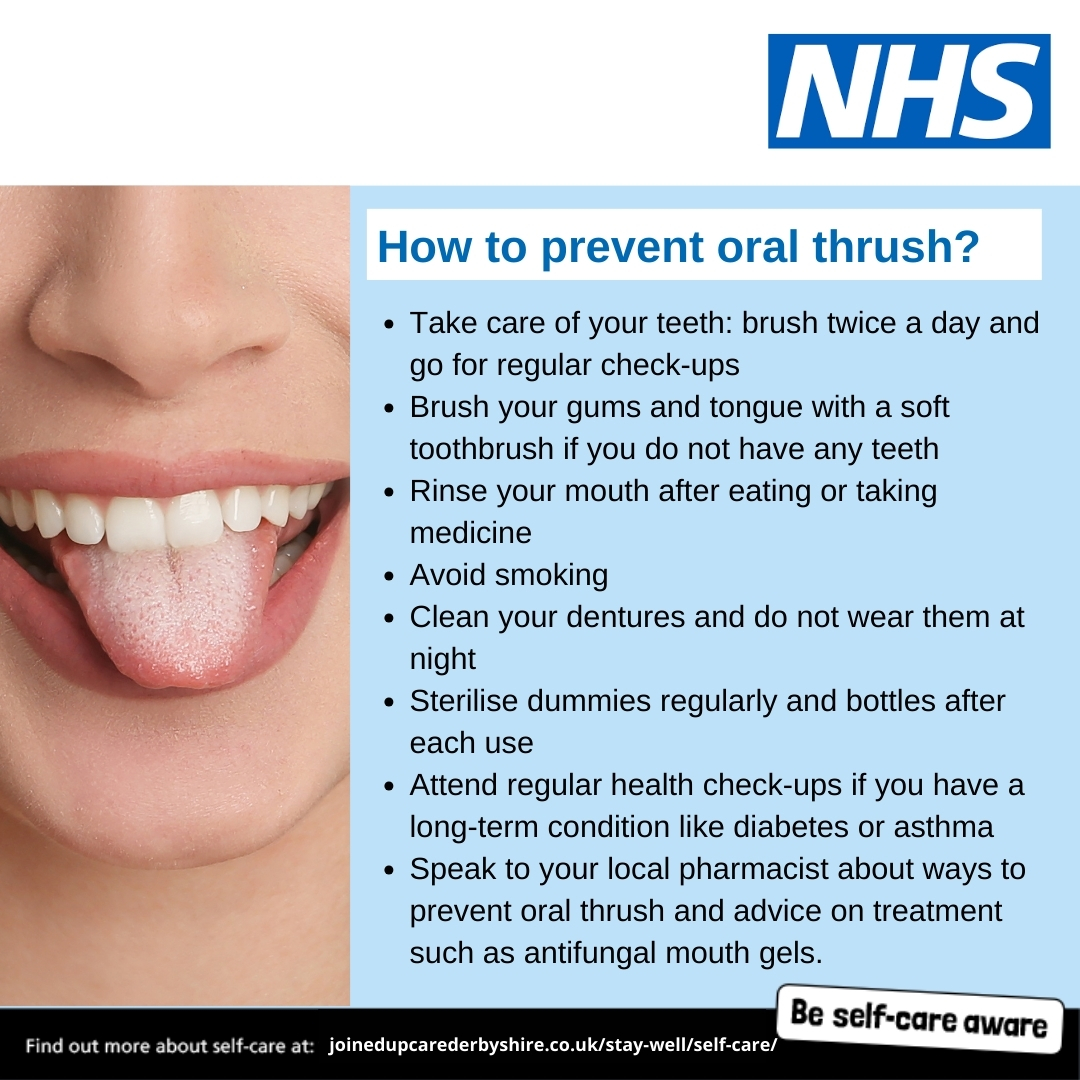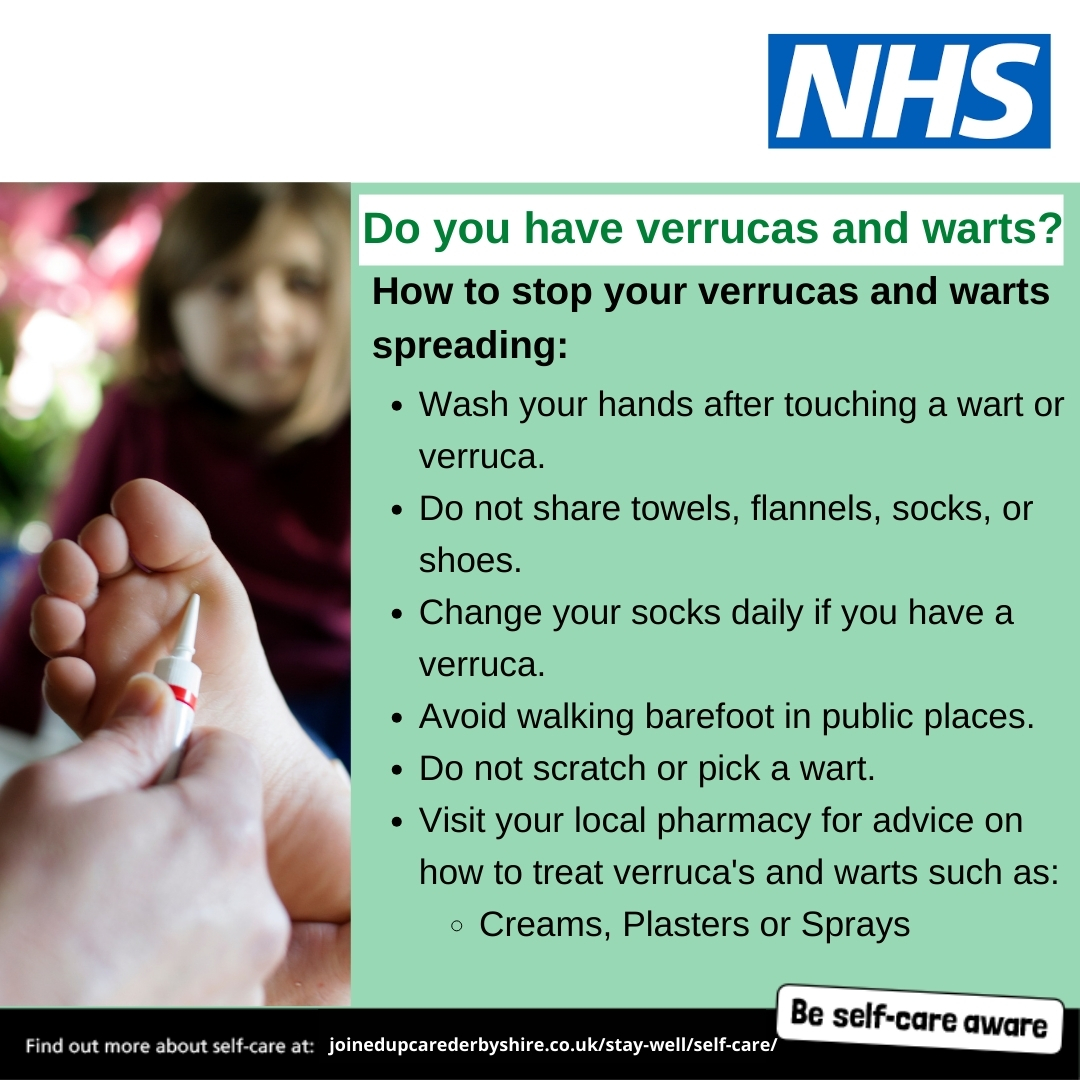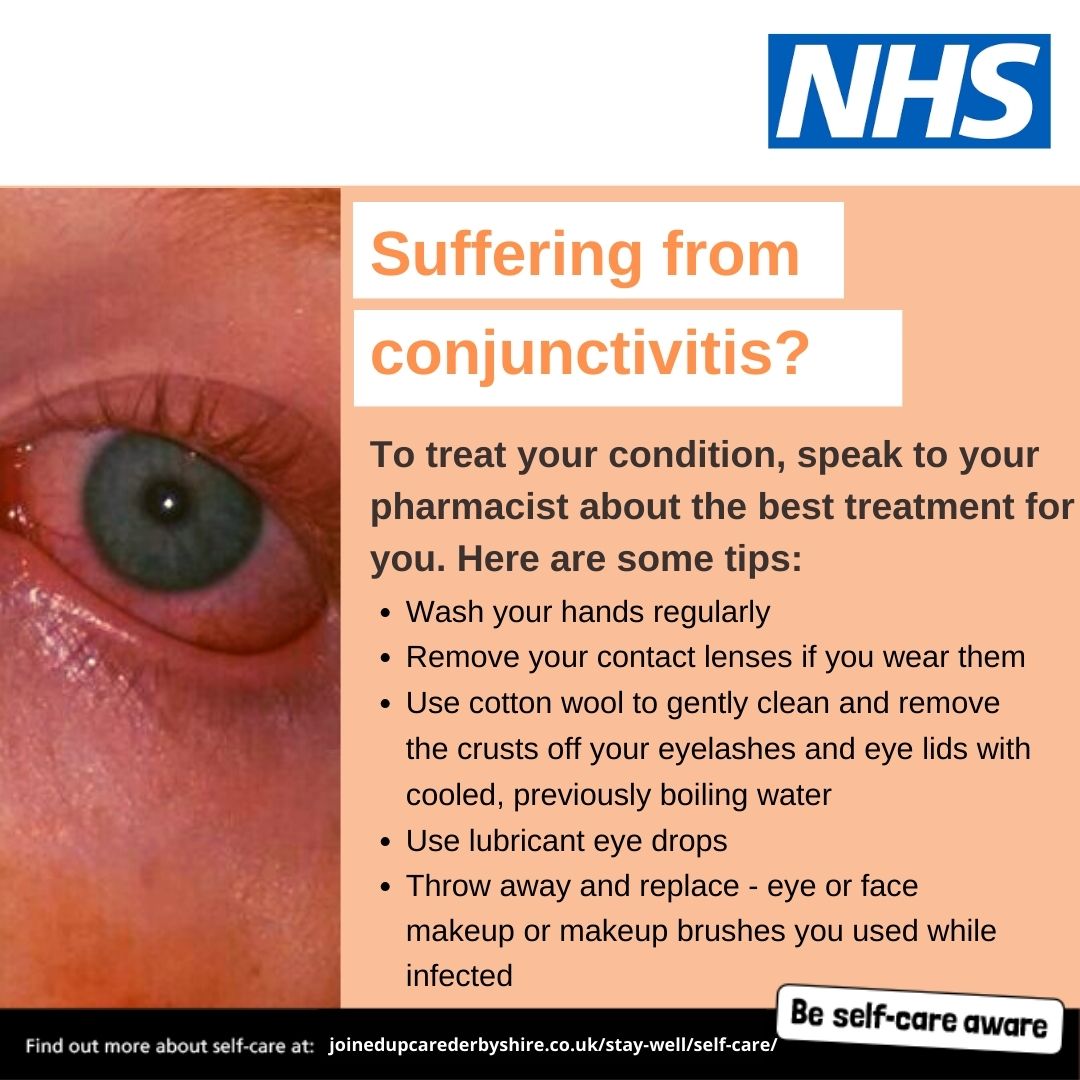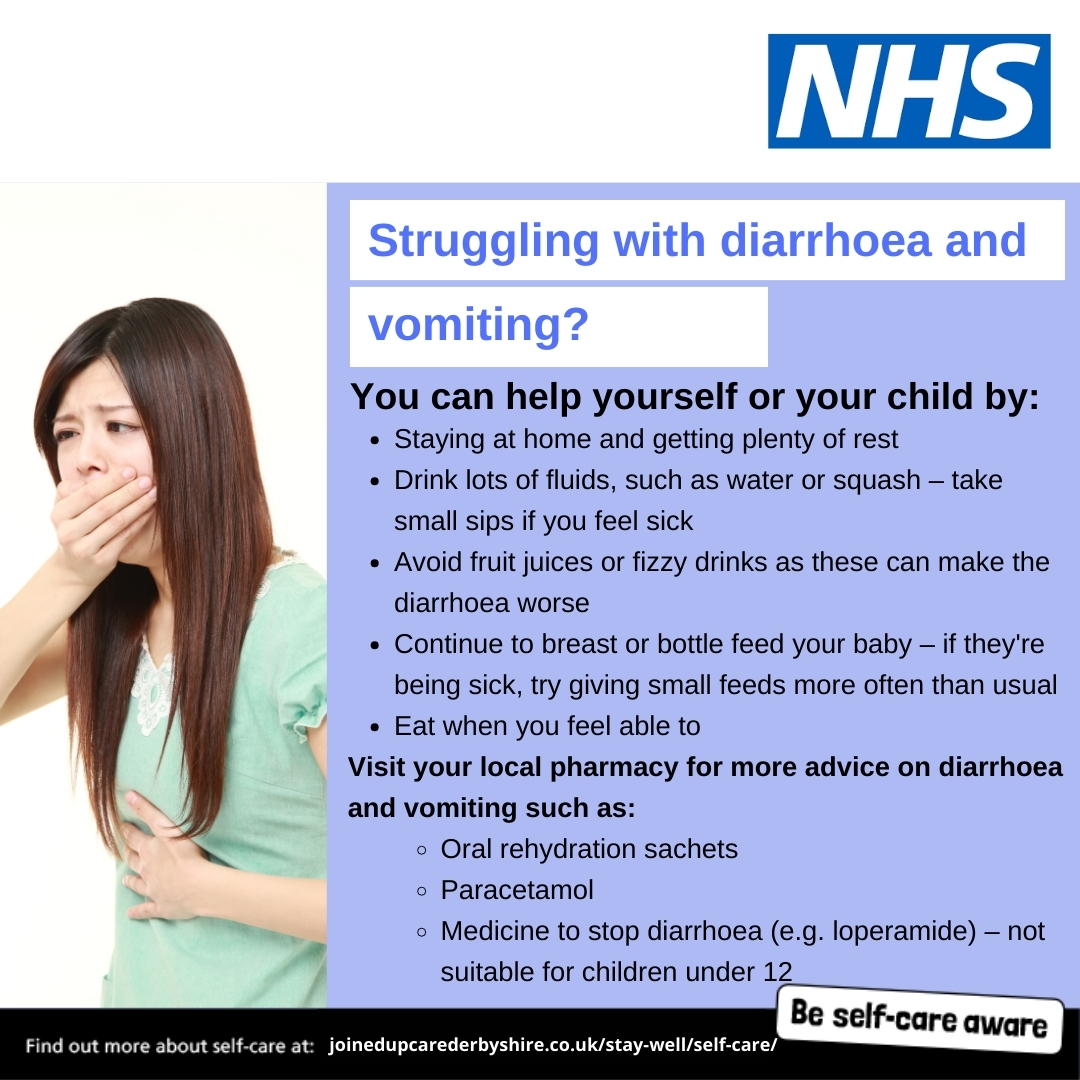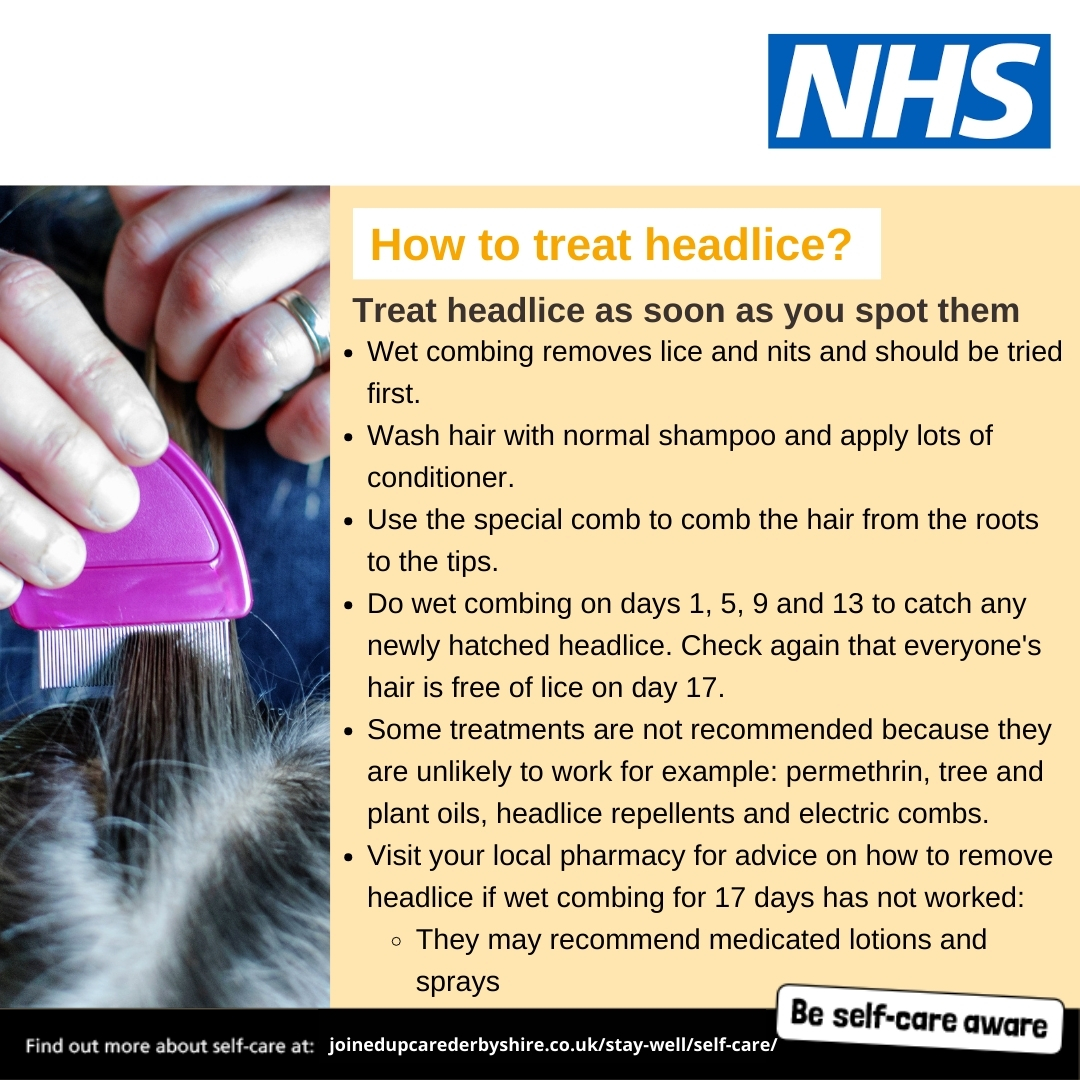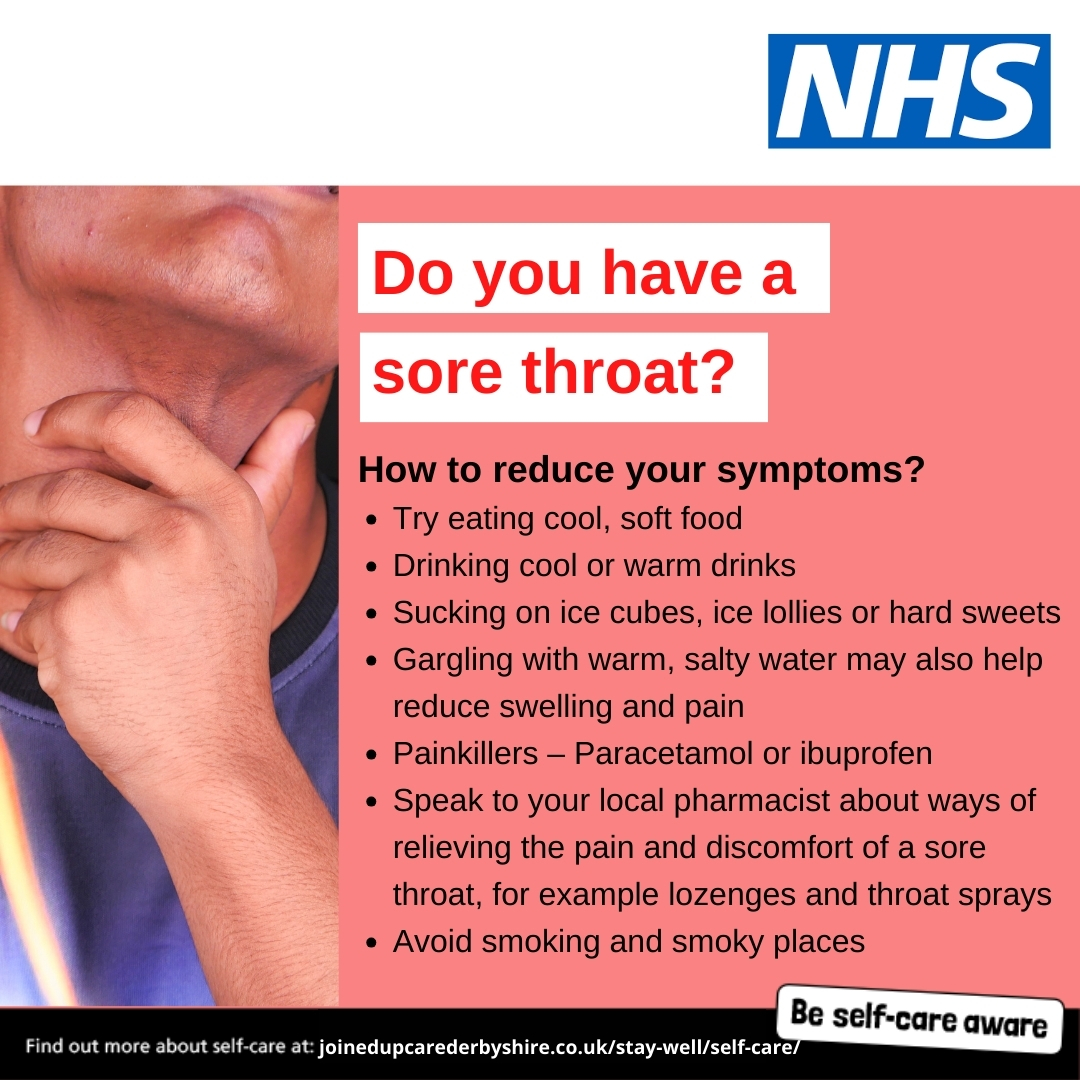Page Contents
What is self-care?
Self-care refers to the actions we take to recognise, treat and manage our own health. It’s about doing small, everyday things for yourself to keep healthy and happy.
What are the benefits?
Self-care is good for you and for the NHS. There are lots of benefits to self-care. We believe it’s:
Quicker
No need to wait for a GP appointment. You can buy the medicines you need over the counter at your local pharmacy or supermarket and have them ready to use at home.
Easier
Many treatments can be bought without the need for a prescription at your local pharmacy or supermarket, often for much less than a prescription charge.
Simple
Advice and information about self-care is widely available online. You can also call into any pharmacy for advice on the best treatment for your minor illness.
Considerate
Self-care helps relieve pressures on GP practices, A&E and could potentially save the NHS around £136m every year.
Watch Dr Shehla from Derby in the video explain when to use your GP and when to use your local pharmacy:
Where can I go for advice?
There is lots of information now available to support self-care and to help manage minor illnesses. Here are our top suggestions:
The NHS Website
The NHS website is the UK’s biggest health website. It has lots of advice on illnesses and how to treat them. Visit www.nhs.uk
HANDi App
This free app offers help and advice for parents and carers looking after children with the common childhood illnesses. This can be downloaded via the app store on itunes and Google Play.
The Little Orange Book
The Little Orange Book contains advice and tips on how to manage common illnesses and problems that babies and young children often experience in the first 5 years of their lives. It also has information on more serious conditions, what to look out for and how to help.
Your local Pharmacy
Pharmacies are a great community resource and can help support you and your family when you are feeling unwell.
You can seek advice on many common illnesses at your local pharmacy. Pharmacists and their teams are trained to offer health advice including which medications will help or treat your symptoms and advise you on when to see a doctor if needed. Items bought from the Pharmacy are usually cheaper than a prescription from your GP Practice.
Many pharmacies are also open late into the evening and over the weekends, allowing you to walk in and ask for advice at a time convenient for you and without the need for an appointment.
Watch Aftab, a community pharmacist in Derbyshire, explain in the video how your local pharmacy can help:
NHS 111
NHS 111 online advises users about what to do and where to go when they have an urgent medical concern. It allows users with medical concerns to complete a health assessment online by answering a series of questions about their condition, based on a clinically-approved set of algorithms. Anyone in England can visit 111.nhs.uk, answer questions about their symptoms, and be directed to self-care advice or appropriate medical services. If needed, the user is invited to book a call with an urgent care service, like an out-of-hours GP or an emergency dentist.
The service is free-to-use and available nationwide 24/7. NHS 111 online is integrated with all NHS 111 providers and out-of-hours GPs in England, meaning these urgent care services can accept patients directly from 111.nhs.uk.
How to prepare for self-care?
Having a medicines cabinet at home is the perfect way to make sure you are well prepared to self-care for you and your family!
Things you should think about for your medicines cabinet are:
- A first aid kit with plasters, bandages, antiseptic wipes, tape, and eyewash solution
- Painkillers such as paracetamol, or ibuprofen which are good for relieving headaches, period pains, joint sprains and bringing down temperatures
- Paracetamol and ibuprofen suspensions for children.
Antihistamine tablets and creams – these are brilliant to help reduce itching from:
- Insect bites
- Chicken pox
- Allergic reactions to food/ animals/ products
- Hayfever symptoms (there are different types you can purchase over the counter or at a supermarket from tablets and sprays to eye drops).
Oral rehydration salts to replace the electrolytes lost from diarrhoea and vomiting.
Indigestion liquids or tablets to help with symptoms of heart burn and acid reflux.
All the above items can be bought from your local pharmacy or supermarket. Be sure to read the patient information leaflets, instructions on how to take the medication and the expiry of the medication. Remember to keep these medications out of the reach of children. You can speak to your local pharmacist for more advice.
You don’t always need to see a doctor but it’s difficult to understand when you do if you don’t know when to expect to feel better. The following video should provide some guidance on taking the right steps towards recovery:
Patient information for self treatable conditions
Patient Information
There are a range of conditions that we can treat and manage ourselves. However if your not sure how to, we’ve created a range of informational graphics to help you.

